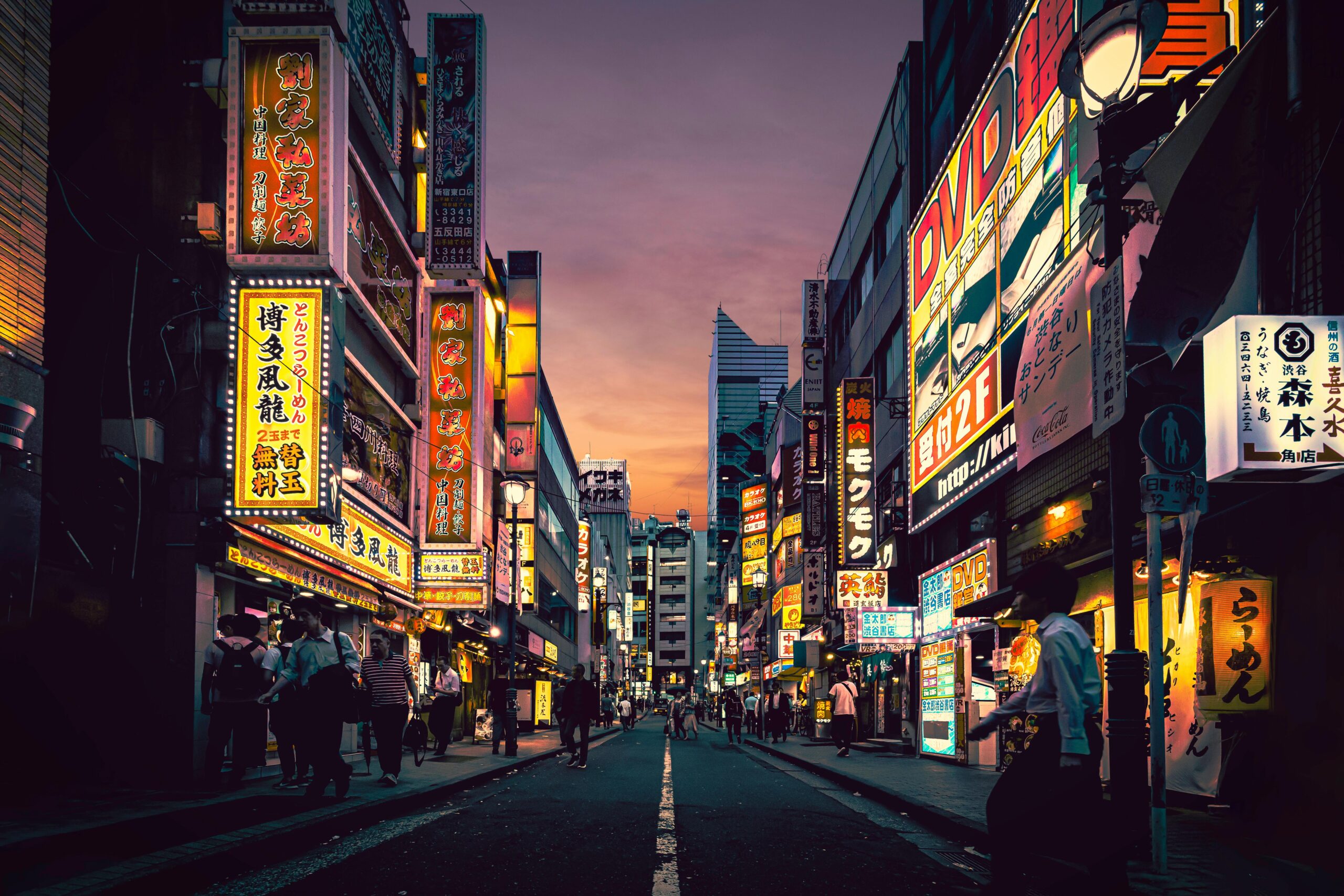Japan, with its rich cultural heritage and deeply ingrained traditions, is a country where etiquette and respect play significant roles in daily life. Visitors to Japan often find themselves enchanted by its blend of modernity and tradition, but navigating the cultural nuances can sometimes be challenging. Whether you’re exploring the bustling streets of Tokyo, immersing yourself in the serene beauty of Kyoto, or soaking in the hot springs of Hokkaido, understanding and adhering to certain guidelines are crucial for harmonious interactions and showing appreciation for Japanese customs. Let’s talk more about essential things that can make your life in Japan easier!

Communication and Language Etiquette
While English is widely taught in Japan, many Japanese people may not be fluent in the language. Learning some basic Japanese phrases can go a long way in showing respect and making communication smoother. Use polite language, especially when speaking to strangers or in formal situations.
Always remember to say “Arigatou Gozaimasu” (thank you) and “Sumimasen” (excuse me) when appropriate. If you encounter language barriers, remain patient and use simple language or gestures to convey your message. Try to learn simple phrases that can get you through in day-to-day life and, make sure to always have a translator if you need to convey more complex ideas or information.

Courtesy and Respect for Others
In Japan, showing respect for others is paramount. Bowing is a common form of greeting and showing respect, whether you’re meeting someone for the first time or expressing gratitude. For example, when meeting a Japanese person, it’s customary to bow slightly, keeping your back straight and eyes down. The depth of the bow can vary depending on the situation, with deeper bows reserved for more formal occasions or when showing deep respect.
Additionally, maintaining quietness in public places is crucial. Keep noise levels down, especially in public transportation, restaurants, and other shared spaces. Speaking softly and avoiding disruptive behavior is highly valued in Japanese society. This respect for tranquility extends to everyday interactions, where consideration for others’ peace and quiet is greatly appreciated.
Dining Etiquette and Use of Tableware
Japanese table manners are rooted in tradition and respect for food and dining companions. When dining out, it’s essential to observe proper table manners. Unlike in some cultures, slurping noodles is considered acceptable and even a sign of enjoying the food. For example, when eating ramen or soba noodles, it’s customary to slurp them loudly to show appreciation for the meal.
When using chopsticks, avoid sticking them upright in your food, as it resembles a funeral ritual. Instead, lay them across your bowl when not in use. It’s also polite to say “itadakimasu” before starting your meal to express gratitude for the food. After finishing, say “gochisousama deshita” to thank the chef and express satisfaction with the meal.

Transportation Etiquette
In Japan, queuing is a common practice, and forming orderly lines when boarding trains and buses, or waiting for elevators is expected. Priority seating on public transportation should be offered to the elderly, pregnant women, and people with disabilities. For instance, when waiting in line for a train, stand behind the designated queue markers and wait for passengers to exit before boarding.
It’s also essential to be mindful of other passengers and avoid talking loudly or engaging in disruptive behavior while using public transportation. Also, do not make phone calls while you are on the train as this is considered very inappropriate. Many Japanese commuters use their time on trains and buses for quiet activities like reading or listening to music, so respect for personal space and tranquility is appreciated.
Public Behavior and Courtesy
Littering is highly frowned upon in Japan, a country known for its cleanliness. Make sure to dispose of trash properly and keep public areas tidy. For instance, while walking through parks or streets, carry your trash until you find a suitable disposal spot. Recycling is also taken seriously in Japan, with separate bins provided for different types of waste.
Smoking is often restricted to designated areas, so be mindful of where you light up. In some cities, smoking on the streets is prohibited, and designated smoking areas are available. Always check for signs indicating where smoking is allowed and avoid smoking in non-designated areas to avoid fines or disapproval from locals.
Cultural Sensitivity and Awareness
Respecting Japanese culture and customs is crucial for visitors to Japan. Dress modestly, especially when visiting temples, shrines, or other religious sites. Avoid revealing clothing and make sure to cover your shoulders and knees, particularly when visiting sacred places.
Tattoos are often associated with gangs and may be frowned upon in certain establishments, so consider covering them if possible. When visiting temples and shrines, it’s important to follow proper etiquette, such as bowing respectfully before entering, refraining from loud conversation or behavior, and following any specific rituals or customs observed by worshippers.

Currency and Payments
When handling money, use both hands to give or receive it, as it’s a sign of respect. Tipping is not customary in Japan and may even be refused, so don’t feel obligated to leave a tip at restaurants or other service establishments
When paying for goods or services, cash is still widely used in Japan, although credit cards are becoming more accepted, especially in larger cities and tourist areas. It’s a good idea to carry enough cash with you, especially when traveling to rural areas where credit card acceptance may be limited.
Visiting Cultural Sites and Temples
When visiting cultural sites and temples, it’s important to show respect for the religious and historical significance of these places. Photography at cultural sites should be done respectfully, following signs and guidelines regarding photography. Some places may prohibit or restrict photography, especially in areas considered sacred or sensitive.
When visiting temples and shrines, make sure to bow respectfully and follow any specific rituals or customs observed by worshippers. Remove your shoes before entering temple buildings and be mindful of noise levels to avoid disturbing others who may be praying or meditating.
Onsen Etiquette
Visiting hot springs (onsen) is a popular activity in Japan, but it’s essential to observe proper etiquette. Before entering the communal baths, make sure to thoroughly wash your body at the provided shower stations. Tattoos may be prohibited in some onsens, so check beforehand if you have them. This is also applicable to places that require you to show some skin like swimming pools, gyms and many more.
Once in the baths, avoid splashing water or making loud noises, as it can disrupt other bathers’ relaxation. After bathing, dry yourself thoroughly before entering the changing area, and be sure to leave the facilities clean for the next person.

By understanding and following these essential guidelines, you’ll show respect for Japanese culture and ensure a positive experience during your time in Japan. Remember, the key is to be mindful of others and to approach each situation with a spirit of understanding and courtesy. Whether you’re exploring the bustling streets of Tokyo or relaxing in a tranquil onsen in the countryside, embracing Japanese etiquette will enrich your experience and leave a positive impression on the people you encounter.



